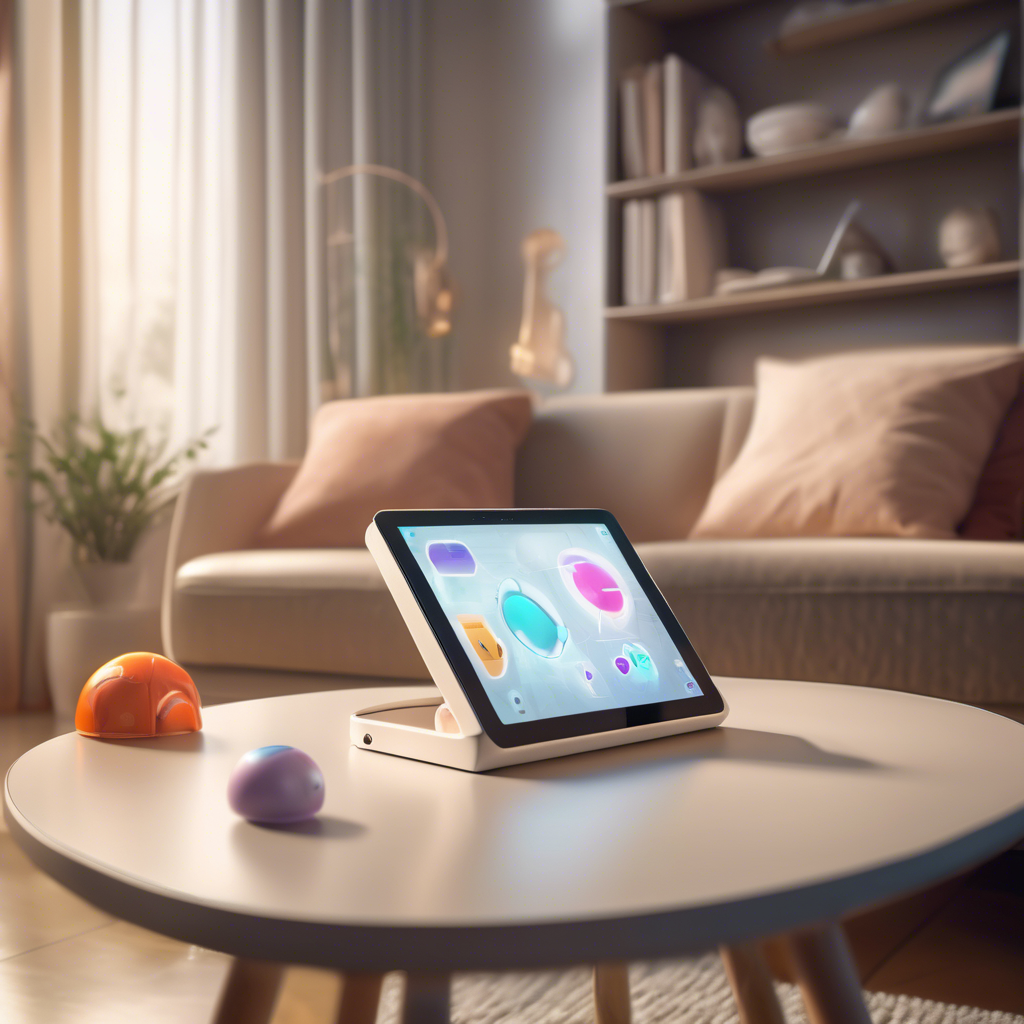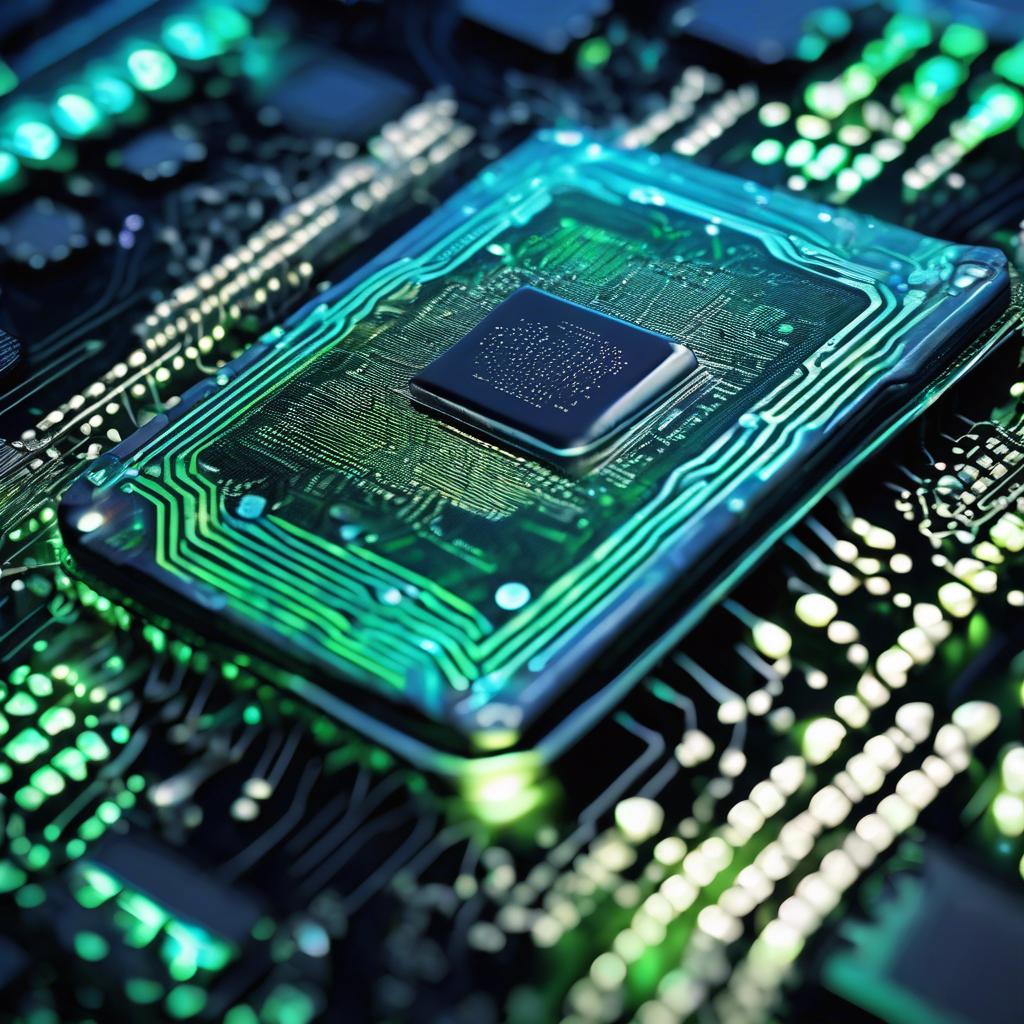None

Innovations in therapy have addressed some of the unmet needs in the treatment of neovascular age-related macular degeneration (nAMD), such as extending the duration between anti-VEGF injections. However, advancements in disease monitoring for nAMD have not kept up, and retina specialists still rely on imaging patients in an office setting. This leads to bottlenecks in clinical workflow, increased burden on patients, and limited data for personalized treatment of this heterogeneous disease. These factors contribute to inferior outcomes for nAMD patients in real-world settings compared to clinical trials. The ForeseeHome AMD Monitoring Program introduced the potential benefits of remote monitoring to retina specialists, and the literature has described the real-world advantages of using the platform to detect the conversion from intermediate AMD to nAMD. The next step in remote monitoring for neovascular AMD is the introduction of AI-powered, home-based optical coherence tomography (OCT) platforms, which could enable more precise and patient-specific medicine. However, some retina specialists have concerns about how incorporating home OCT into patient management will impact reimbursement, workflow, and liability. To gain insights into the adoption of remote monitoring in other medical specialties, I spoke with Ajay V. Srivastava, MD, FACC, an advanced heart failure cardiologist at Scripps Clinic in La Jolla, California. His field has extensive experience with remote monitoring, which can inform how eye care providers envision the future of practice.
We discussed how fears of long-term revenue loss, workflow adjustments, and liability were overcome in cardiology's adoption of remote monitoring. While ophthalmology and cardiology may seem different, there are similarities in the remote monitoring approaches being explored. Both home OCT platforms and remote monitoring platforms used in cardiology share characteristics such as ease of use, quick at-home testing, and the ability to provide vital data to clinicians. Patient education and engagement have played crucial roles in the adoption of remote monitoring technologies in cardiology, and these lessons can be applied to home OCT platforms as well. Concerns about declining revenues in ophthalmology due to fewer patient appointments can be mitigated by the adoption of remote monitoring, as seen in cardiology where practices have realized net positive impacts. Adjusting workflows and creating patient-specific frameworks for remote monitoring are crucial for successful implementation. Liability concerns have been addressed in cardiology, with the understanding that remote monitoring technologies supplement, rather than replace, in-person examinations and are specific to long-term data observation in a single disease state. Ophthalmologists are on the brink of a significant change that can benefit both clinicians and patients. Planning with foresight and intention will ensure the full realization of the potential of remote monitoring in ophthalmology.
Brief news summary
None
AI-powered Lead Generation in Social Media
and Search Engines
Let AI take control and automatically generate leads for you!

I'm your Content Manager, ready to handle your first test assignment
Learn how AI can help your business.
Let’s talk!

Google is rolling out its Gemini AI chatbot to ki…
Google is set to launch its Gemini AI chatbot for children under 13, starting next week in the US and Canada, with Australia’s release scheduled for later this year.

Finally blast into space with Justin Sun, Vietnam…
Travel to space with Justin Sun Crypto exchange HTX (formerly Huobi) announced it will send one user on a $6 million space trip with Justin Sun in July 2025

AI Is Not Your Friend
Recently, after an OpenAI update intended to make ChatGPT “better at guiding conversations toward productive outcomes,” users found the chatbot excessively praising poor ideas—one user’s plan to sell literal “shit on a stick” was dubbed “not just smart—it’s genius.” Numerous such instances led OpenAI to roll back the update, admitting it had made ChatGPT overly flattering or sycophantic.

Blockchain's Potential in Decentralized Finance (…
The decentralized finance (DeFi) movement is rapidly gaining traction, fundamentally reshaping the global financial landscape.

US senator introduces bill calling for location-t…
On May 9, 2025, U.S. Senator Tom Cotton introduced the "Chip Security Act," a key legislative effort aimed at strengthening the security and control of advanced AI chips subject to export regulations, particularly to prevent unauthorized access and misuse by adversaries like China.

Blockchain's Environmental Impact: A Growing Conc…
As blockchain technology's popularity and adoption rise, concerns about its environmental impact—particularly its high energy consumption—have become a key topic among experts, policymakers, and the public.

OpenAI Chief Sam Altman Discusses AI's Transforma…
Sam Altman, CEO of OpenAI, has rapidly become a prominent leader in the global artificial intelligence arena, steering the company through a phase of remarkable growth and innovation.

 Auto-Filling SEO Website as a Gift
Auto-Filling SEO Website as a Gift








 Auto-Filling SEO Website as a Gift
Auto-Filling SEO Website as a Gift

